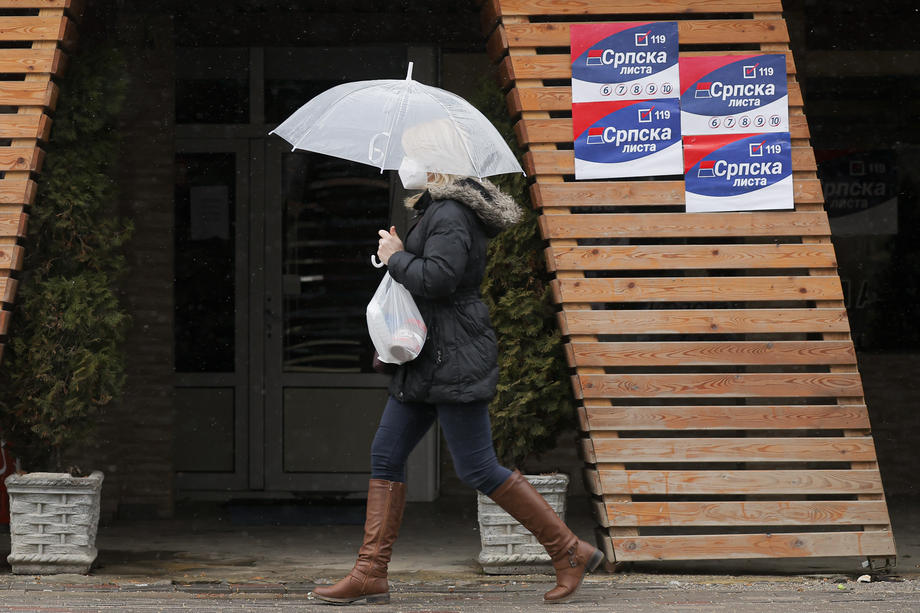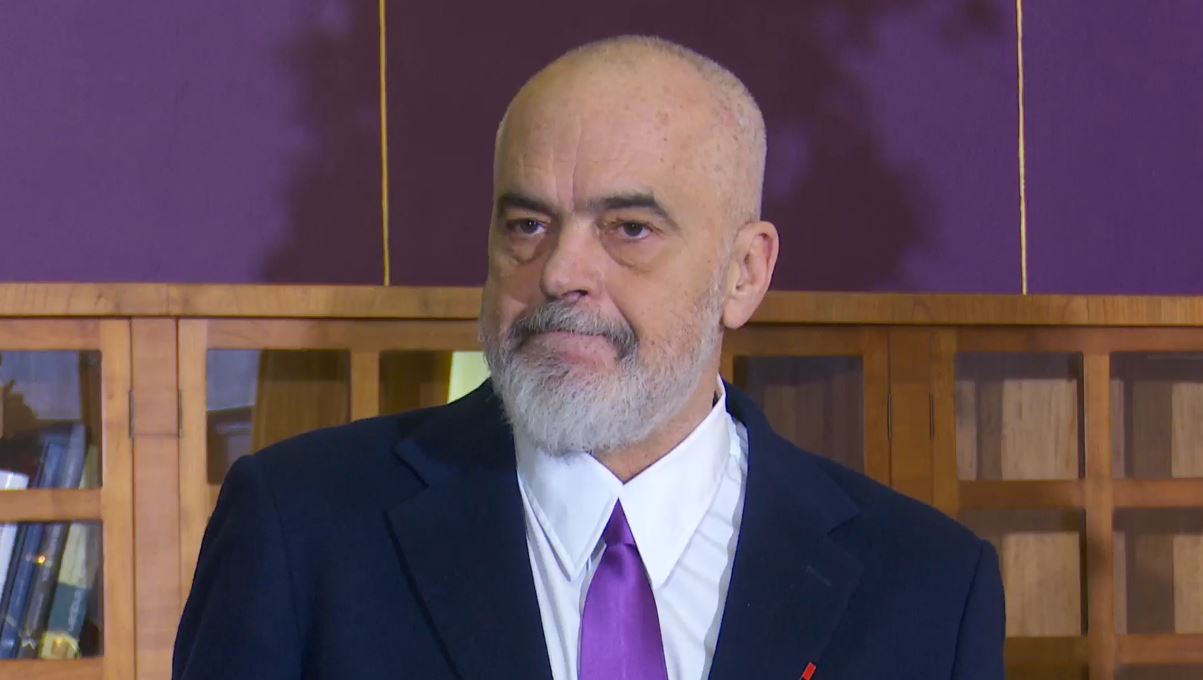
US, UK and OSCE all voice concern over decision not to allow the Belgrade-backed Srpska Lista party to compete in February’s elections – which party leader Zlatan Elek has vowed to challenge.
The Belgrade-backed Srpska Lista party said it will appeal Monday’s decision of Kosovo’s Central Election Commission, CEC, not to certify it for the February 9 general elections.
Party chief Zlatan Elek accused Prime Minister Albin Kurti of ordering the decision, “to score some easy political points”.
Rejection of the party’s certification was backed by two CEC members drawn from Kurti’s ruling Vetevendosje party, citing Elek’s “nationalist remarks” at a presentation of his party’s candidates for the elections. Two others abstained while the other members did not participate in the vote.
“We will file a complaint with the Electoral Panel for Appeals and Petitions … and I expect a clear decision from them to reject Kurti’s senseless and anti-Serbian, undemocratic decision,” Elek said from his party office in North Mitrovica.
Elek said the ruling represented “institutional and legal violence against the Serbian people and Srpska Lista” and showed that PM Kurti “does not want to see representatives of Srpska Lista in the Kosovo parliament”.
Kosovo law allows any political entity to appeal a CEC decision to the Election Complaints and Appeals Panel, ECAP, within 24 working hours of receiving the decision. The ECAP has 48 hours to rule on the complaint.
As the news about the CEC decision broke on Thursday, the US embassy in Kosovo told BIRN: “We are deeply concerned by the actions of some members of the Central Election Commission (CEC) not to certify the Srpska Lista candidates.”
The embassy said such actions “undermine the fundamental democratic principles of free and fair elections, as they open the door to subjective political influence over the electoral process”.
“The CEC’s actions should be strictly limited to legal standards and procedures, with any decisions to disqualify candidates grounded solely in equal application of the law. The electoral process should be transparent, credible, and free from political interference,” it added.
UK ambassador Jonathan Hargreaves on Tuesday urged the CEC to make sure that the “electoral process is conducted with integrity and on the basis of proper legal procedures rather than political interests.
“We expect the CEC and all its members to assess Srpska Lista’s certification according to the inclusive, transparent and robust application of relevant regulations,” he said on a Facebook post.
The OSCE Mission in Kosovo also expressed concern.
“The certification process is a procedural matter that underpins democratic elections and should be free from political considerations. We urge the CEC to uphold the integrity of the electoral process in Kosovo and ensure that subsequent steps are inclusive and consistent with democratic principles,” it said.


